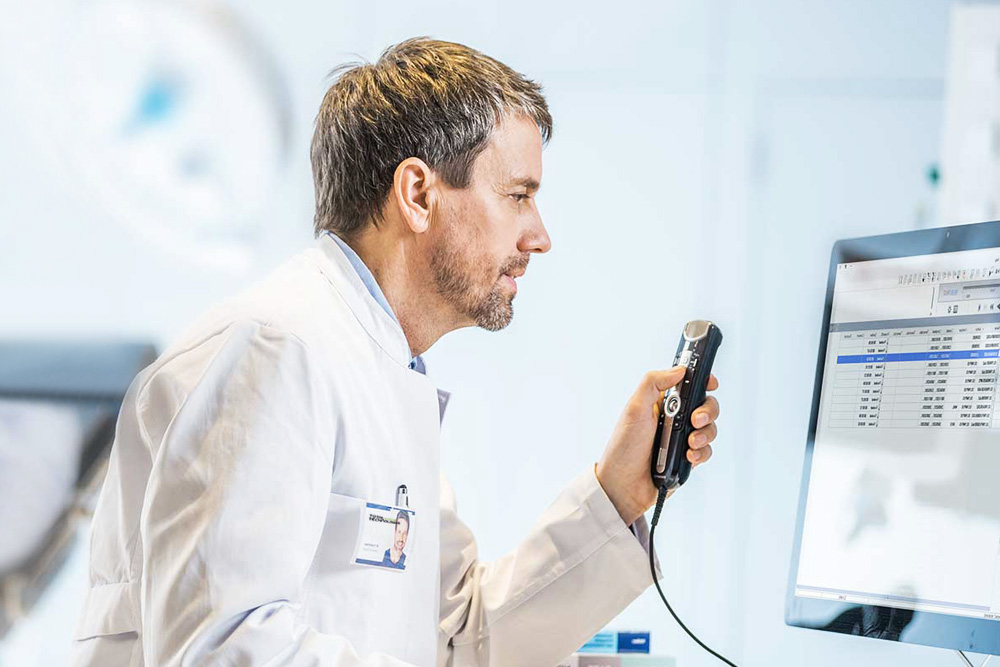Implementation of Speech Recognition in Hospitals

The use of speech recognition in hospitals has to face many challenges. Especially before it can become part of widespread practice in hospitals all over the world.
Doctors are almost chronically overworked in the US. There is no doubt about it.
Add in the ever-increasing need for transparency in prescribing drugs and treatments. While these stringent regulatory mechanisms ensure that the patient gets the best possible treatment, they increase the workload for doctors and nurses.
This means that a doctor who has to see around 40 to 50 patients every day also has to file reams of paperwork for every case. This certainly leads to an exhausting work schedule.
This is why we are seeing some of the biggest hospitals are switching to speech recognition technology in order to ensure that doctors can give more time to their patients, rather than their paperwork.
However, it is essential to note that the more the health care sector embraces this technology. The higher the chances of potential issues and problems. We will take a brief look at a few of them here.
Speech Recognition Delays
Sometimes, the software takes a long time to adjust’ to specific voices and accents. This adjustment period can waste a lot of time for the doctor and his patients. This happens because of the inherent limitations of the speech recognition software being used.
Many old hardware and software combinations are not able to understand and transcribe different accents, sound bites, and the speech of non-native English speakers. This usually leads to many inadvertent errors during the process of transcription.
Coping with Power Outages
While a power outage is a pretty rare event in our country, it does not mean that it cannot happen. Excessive heat waves can lead to system overloads and feeders may trip. This means that the hospital may be out of power for some time.
What if the electricity goes during the process of transcription or before anyone got a chance to save the data? Then valuable patient files and records may be irreversibly lost.
Conclusion
While patient record-keeping with the help of speech recognition technology is a great idea, it certainly does not mean that there are no problems associated with it. However, with time, patience, and dedication of the people who develop the hardware and software for these devices, it is now becoming possible to clear all such hurdles.
